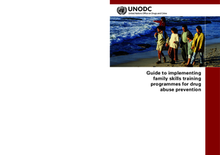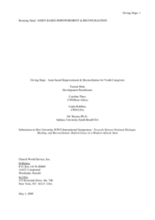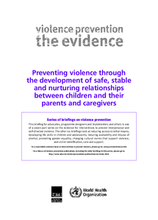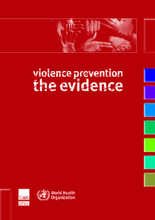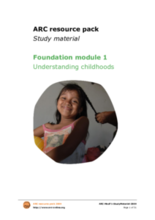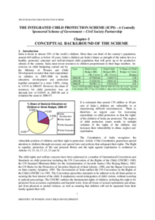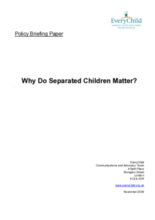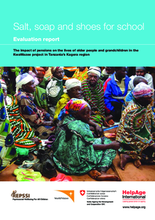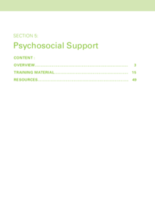Displaying 461 - 470 of 526
UNODC published Guidelines to implement family skills training programmes for drug abuse prevention in March 2009. These guidelines contain evidence of effectiveness, principles of family skills training programmes, cultural adaptation guidelines, advice on how to recruit and retain families through the programmes, practical advice on training of staff, as well as information about monitoring and evaluating family skills training programmes.
This paper shares the philosophy and key components of the African development initiative Giving Hope that works with youth caregivers through an asset-based empowerment methodology. The approach facilitates the restoration of youth caregivers’ sense of self, belonging, power, and collective responsibility.
This briefing looks at the effectiveness of interventions that encourage safe, stable and nurturing relationships for preventing child maltreatment and aggressive behaviour in childhood. The focus is on primary prevention programmes, those that are implemented early enough to avoid the development of violent behaviour such as child maltreatment and childhood aggression.
This report brings together an eight-part series of briefings on the evidence for interventions to prevent interpersonal and self-directed violence. By spotlighting evidence for the effectiveness of interventions, the series provides clear directions for how violence prevention funders, policy makers and programme implementers can boost the impact of their violence prevention efforts.
This module aims to equip those responding in emergencies with an introduction to the theory and practice of working with children and of children’s rights.
In 2006 the Indian Ministry of Women and Child Development proposed the adoption of an Integrated Child Protection Scheme (ICPS), which was adopted and launched by the central government in 2009-2010. Recognizing chronic under funding of child protection services in the country and major gaps in the system, the ICPS was expected to significantly contribute to the realization of Government/State responsibility by creating a system that would effectively and efficiently protect children.
Evaluation of the need for increased understanding and inclusive responses to highly marginalized and separated children.
The impact of pensions on the lives of older people and grandchildren in the KwaWazee project in Tanzania’s Kagera region.
Contains guidance on how to develop programs to respond to the psychosocial needs of children affected by emergencies. Includes a training schedule, worksheets, and handouts.

